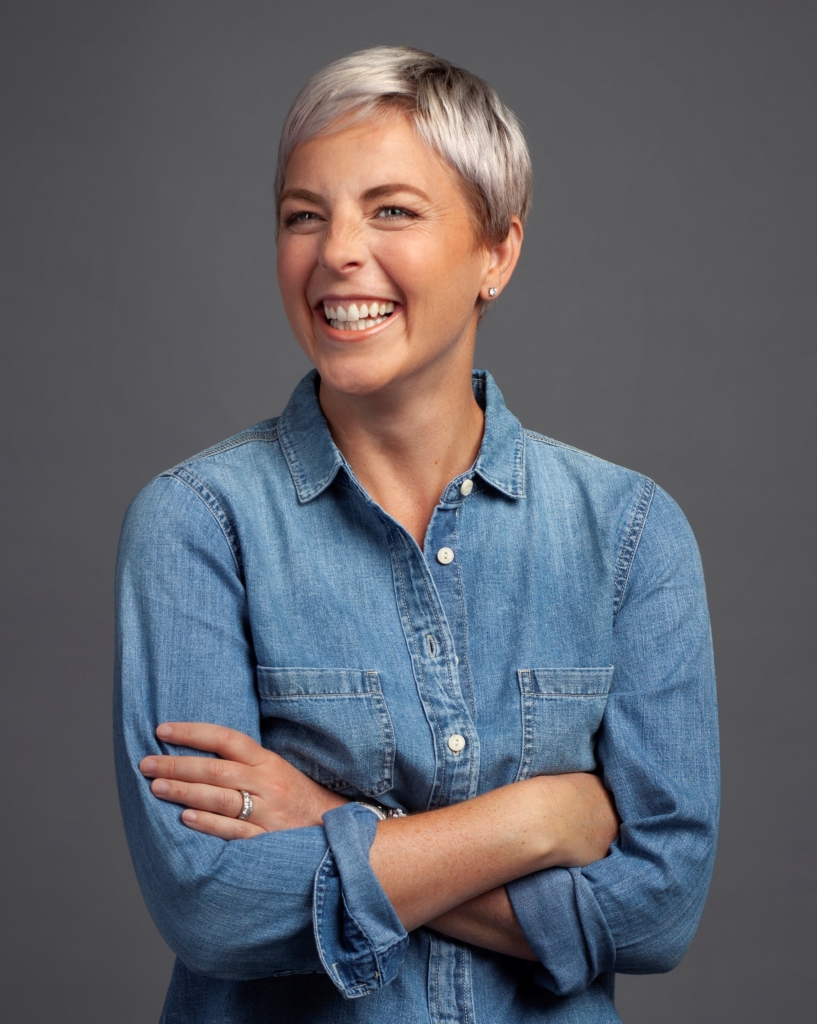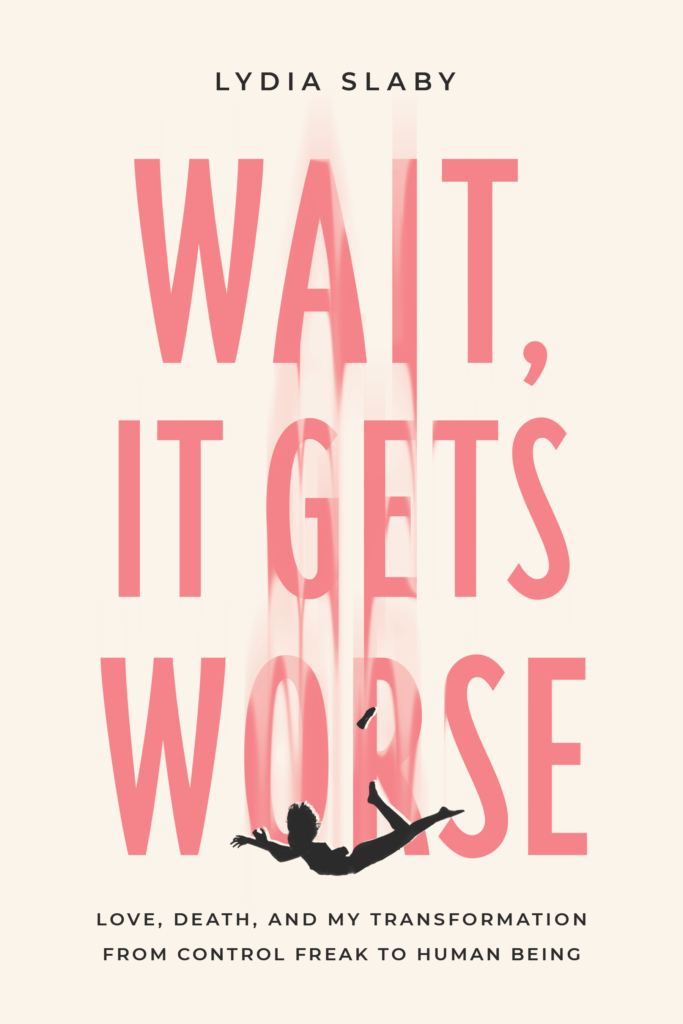 Lydia Slaby lives her life by one self-written, very important mantra: when life hands you something that’s classically not welcome, like a cancer diagnosis, breakup, or something else unexpected and unpleasant, we have two choices: we can resist, or we can accept.
Lydia Slaby lives her life by one self-written, very important mantra: when life hands you something that’s classically not welcome, like a cancer diagnosis, breakup, or something else unexpected and unpleasant, we have two choices: we can resist, or we can accept.
“There’s something remarkable and incredibly powerful about choosing to accept transformation in those moments,” says Slaby, who was diagnosed with non-Hodgkin’s lymphoma at age 33. A high-power attorney, runner, wife and avid yogi, Slaby began to experience symptoms she attributed to stress until one life-changing doctor’s appointment revealed the truth: she had cancer.
In her book Wait, It Gets Worse, Slaby gives a refreshingly honest look at her whirlwind experience with cancer and life in general — from a tumultuous relationship with her husband and the plight of a stressful career, to an out-of-the-blue cancer diagnosis and her successful (and unsuccessful) treatments thereafter. The book focuses on the story of Slaby, a “self-diagnosed control freak who continues to learn the hard way the only things she now knows to be true: that control is a lie and illusion, and love will save your life.”
The book is filled with anecdotes and advice taken from her own experiences, including the importance of a support system during one of the hardest things a person ever has to face: a cancer diagnosis.
“Having someone on the other end of the phone or other side of the table who’s willing to talk to you and who knows what’s going on is of incredible value,” says Slaby, whose sister is a Hodgkin’s lymphoma survivor herself. “During my treatment I had someone to talk to who knew what I was going through, who wasn’t my oncologist. It was wonderful to have a friend who knew the answers to my questions. I had some amazing friends who stood by me, but none of them had gone through cancer.”
Because of her experience with this unique kind of cancer support, Slaby became a Mentor Angel after meeting Jonny Imerman at an event while she was still undergoing treatment. She now offers a listening ear to Mentees and gives advice on what to expect, how to stay calm and what it means to be a survivor.
“There are multiple pillars to survivorship: staying on top of your mental and emotional health; constant monitoring of your physical health (a welcome burden!); and, what do you do with yourself after cancer?” says Slaby. “Some people can easily slide the new version of themselves into their old life, some people can’t. When people can’t go back to their ‘old life’ sometimes friends and family get baffled that they can’t/don’t want to.”
As things begin to unfold and life begins to normalize after a cancer diagnosis, Slaby strongly suggests seeing a therapist and talking to an Imerman Angels Mentor. Also, do not overlook the pure value and joy of finding something that has nothing to do with cancer, like a new hobby, ideally something creative.
“My sister knit. My husband made a website. I wrote,” says Slaby. “Take the time to recognize who you are now after cancer, what you care about, what it is that you want to express in this world, and figure out a way to do that.”

Wait, It Gets Worse gives a raw, real look at what it’s like to survive cancer and how you, and your relationships, are changed after a cancer diagnosis. It is a refreshing take on a cancer memoir, focusing largely on survivorship rather than symptoms and side effects. A quick, page-turning read, you will find parts of yourself in Wait, It Gets Worse. Whether or not you yourself have survived cancer, Slaby’s account will resonate with you and cause you to reflect on your life, your
choices, and the path you choose between resistance and acceptance of all of life’s crazy circumstances.
Wait, It Gets Worse is available now on Amazon and at your local bookseller.
